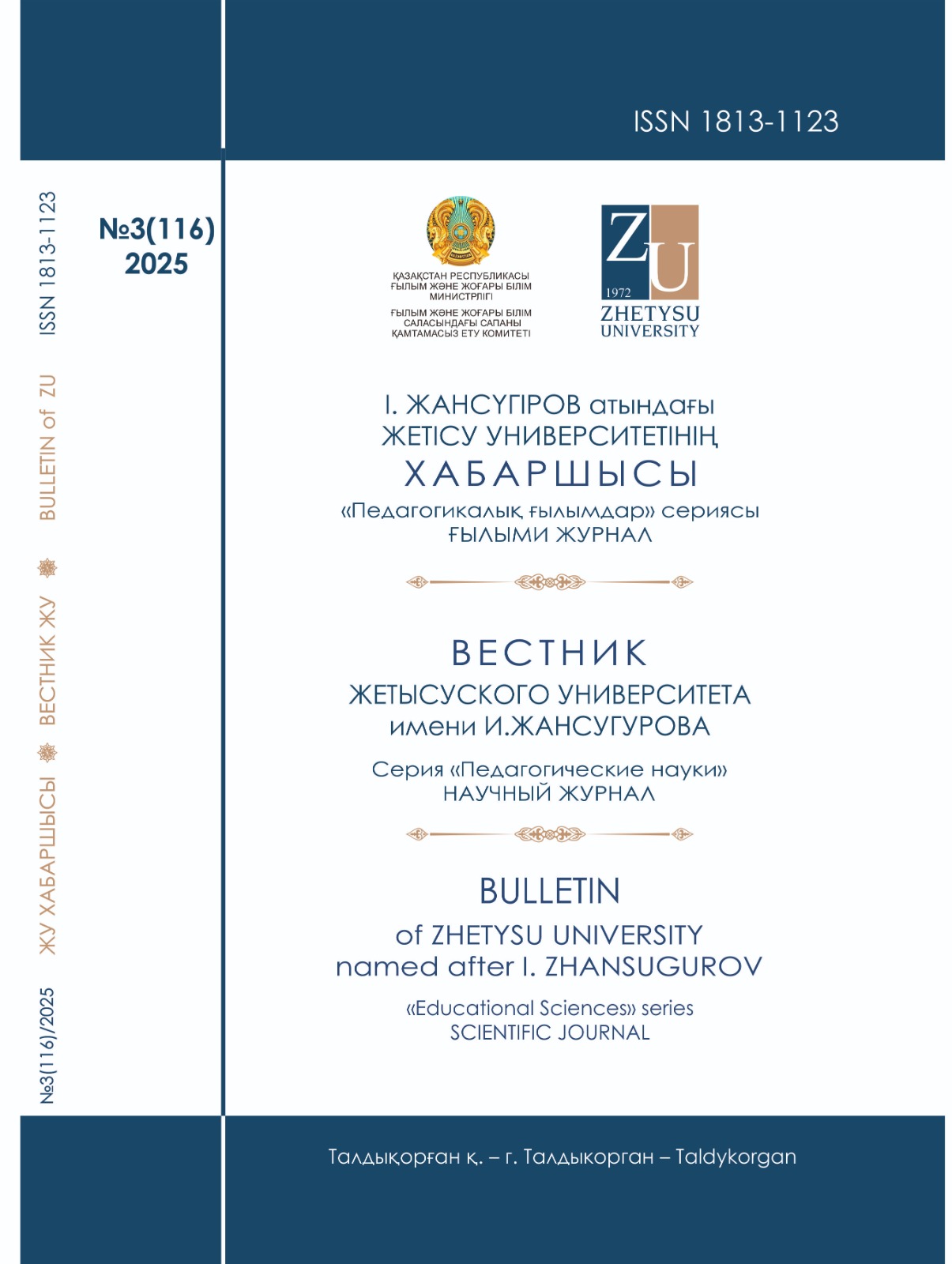PECULIARITIES OF FRUSTRATION MANIFESTATION IN ATHLETES’ TRAINING AND EDUCATIONAL PROCESS
DOI:
https://doi.org/10.53355/ZHU.2025.116.3.017Keywords:
Athletes, learning process, assessment, disappointment, theory, obstacles, psychology, methods, statistical processingAbstract
The article explores various forms of frustration manifestations in the training process of athletes.
Frustration is most commonly studied in the context of overcoming obstacles during competitive activity. Future research is
expected to expand in this area, focusing on activity related to frustration. However, such instances do not fully define the scope
of the frustration phenomenon. There is some ambiguity in understanding the term “frustration”: whether it refers to the
external cause (situation) or to the reaction it provokes (mental state or personal response). From an etymological perspective,
the word frustration implies a disruption of plans or failure to achieve a goal, thus representing a traumatic situation associated
with perceived failure. In this sense, the understanding of frustration within the educational and training process of athletes
aligns with a commonly recognized, though not universally accepted, interpretation. The forms of frustration among athletes
can be viewed as part of a broader issue of resilience to life’s difficulties and the psychological responses to them. In the
empirical part of the study, the following methods were used: 1. Rosenzweig’s Frustration Reaction Test and A.N. Leontiev’s
Life Meaning Orientations Test; 2. Lazarus’ Stress Level Assessment and the Differential Emotions Scale (DES); 3. Thomas
Kilmann Conflict Mode Instrument; 4. L.I. Wasserman’s “Social Frustration Level” method (modified by V.V. Boyko).
The study results allow for an assessment – based on survey data – of athletes’ susceptibility to frustration,
their orientation toward life goals, and their level of internal stability.

 ҚАЗ
ҚАЗ РУС
РУС ENG
ENG
